NWI Group (Australia) - Weighing on a micro or analytical laboratory balance can be a delicate task. There are numerous influences that can lead to the disruption of weighing results. Temperature, balance drift and air flow are all a few factors that can influence results and reduce accuracy, all of which the user must be aware of during the weighing process.
Good laboratory practices, as well as high standards and reliable balances, are required to obtain good mass measurements. In order to eliminate or reduce error, different methods of weighing can be used. However regardless of the method used, there are several practices that should be followed to ensure good measurements.
1. Temperature and Humidity:
Balances should be installed in a laboratory with good temperature and humidity control. Instability in temperatures can cause a host of problems including balance drift.
For general laboratory measurements, a temperature fluctuation of +2°C per day is manageable. However, temperature stability is particularly important in precision measurement, where the temperature should not vary by more than ± 1 °C in a 24 h period throughout the year and should vary by less than 0.5 °C during any one measurement series (typically less than 1 h).
Humidity is another important point to consider, with drops in humidity causing electrostatic discharge should it drop below 40%. The OIML R 111 requirements provided by most balance manufactures recommend this should be maintained between 40% and 60%.
2. Cleaning/Handling Weights:
When it comes to handling weights, human contact should be at a minimum to avoid affecting the masses weight stability. Small masses should only be handled by using forceps, clean gloves or swathes of cloth. The oily films left behind by human skin can affect the weight of the mass at the time of measurement, or even lead to corrosion.
The cleaning process of masses, forceps and other lifting materials regularly used is also incredibly important to avoid contamination. Gloves must be changed or cleaned often to ensure that moisture is not transferred to weights. Cross contamination must be controlled by ensuring that other laboratory materials (computers, stationary, balances) are not handled with the same pair of gloves as when handling the weights.
Finally, should your precision masses undergo cleaning, they should then be enabled to stabilise for at least seven days to ensure accurate reading measurements.
3. Electrostatic Fields:
The presence of a static charge in a mechanical balance can cause erratic readings and a lack of repeatability. Measurement errors can also occur from an object being weighed which has a significant electrostatic charge, and it may also leave a static charge on the balance.
Another cause of electrostatic charges come from plastic containers used to hold objects being weighed on a balance.
To reduce these negative impacts, attention should be paid to removing electrostatic charges from objects by grounding the objects before placing them on the balance. Going back to our previous point on temperature, the humidity in the laboratory should be maintained between 40% and 60%. Water vapor in the air will help to prevent the build-up of electrostatic charges from occurring.







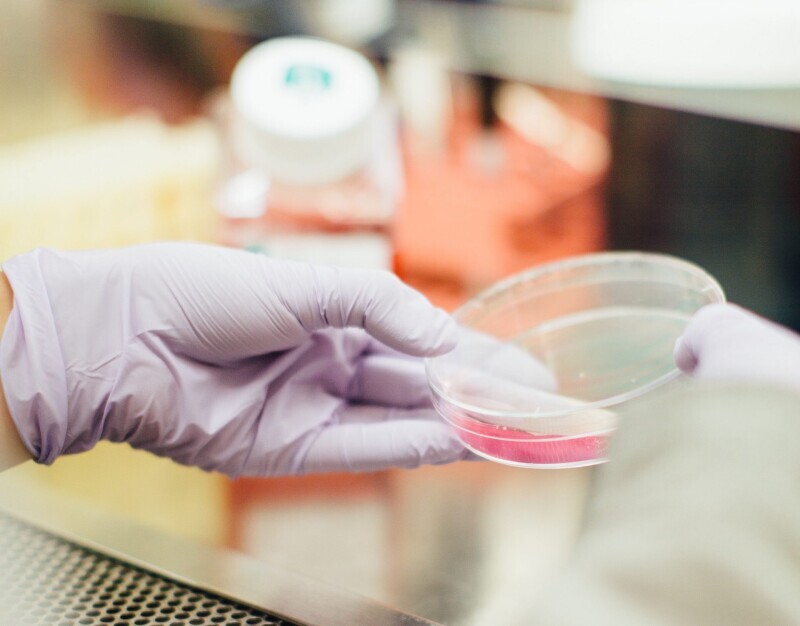
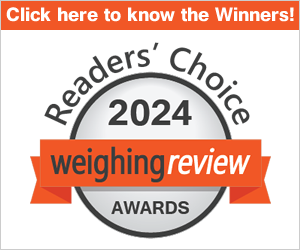








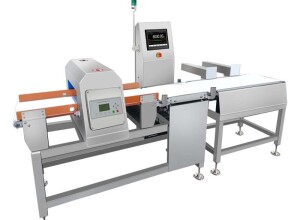


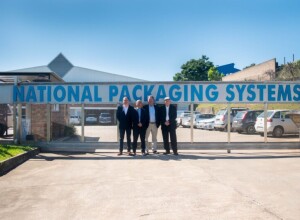


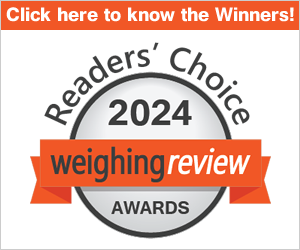





Interested? Submit your enquiry using the form below:
Only available for registered users. Sign In to your account or register here.